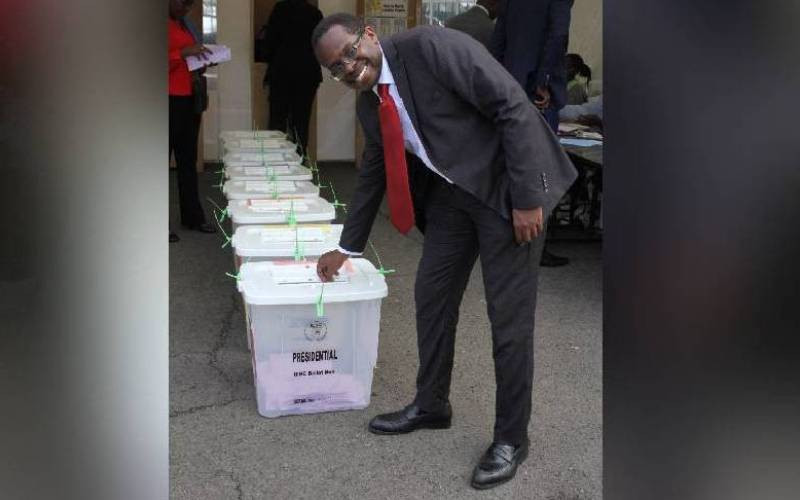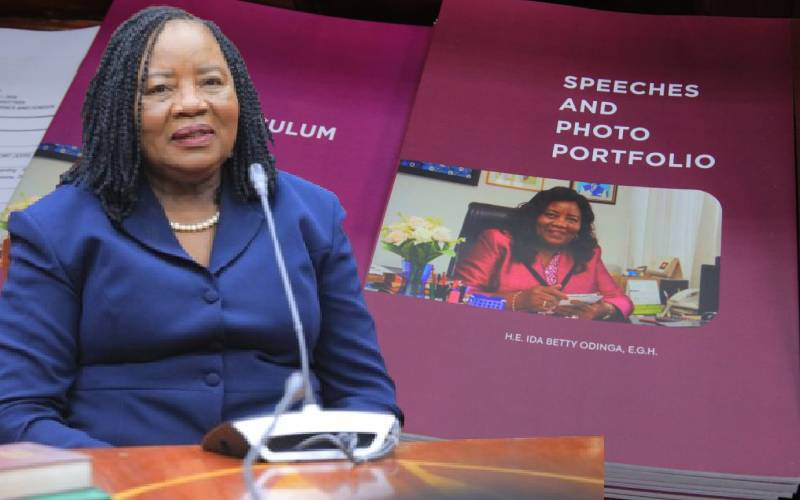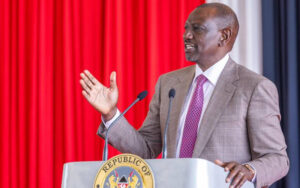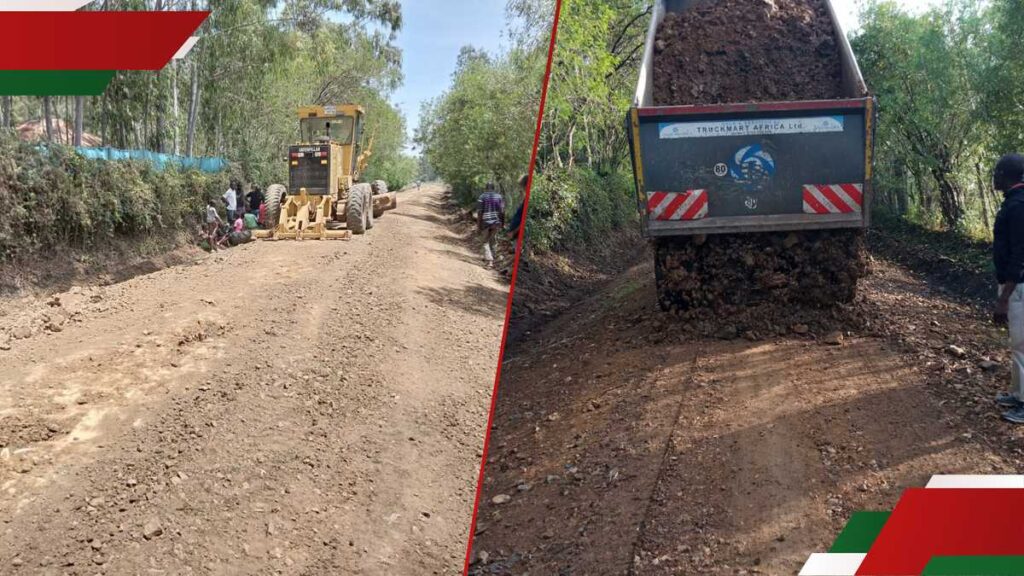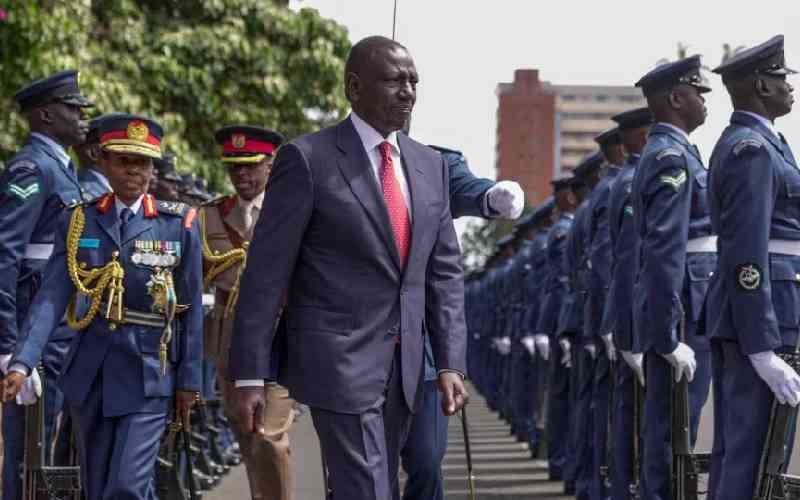When the Hustler Fund was unveiled in November 2022, it was hailed by President William Ruto as a tool to uplift low-income earners and boost economic growth.
Two and a half years later, experts are calling for its termination, warning that the initiative is not just financially unsustainable, but structurally flawed, illegal, and politically driven.
The Kenya Human Rights Commission (KHRC), in a new report titled Failing the Hustlers released on Monday, called on the government to decommission the Hustler Fund entirely, citing a staggering default rate of 68.3 percent and an overall loss of 71.5 percent.
“There’s no business that can go at a 71 percent loss and be viable. The fund is a burden on taxpayers and must be scrapped,” said KHRC Program Manager Annette Nerima on Spice FM on Wednesday, August 6.
Prof Fred Ogolla, a governance expert and economist who challenged the Fund’s legality in court, says instead of economically empowering the so-called “hustlers,” the fund has been mismanaged from the outset, with no clear legal, operational, or governance framework.
“From the very beginning, this thing was structurally defective. The Hustler Fund is a postmortem case we are analysing, something that was born dead,” said Ogolla.
Since its launch, billions have been disbursed quickly, according to legal experts. This happened without any operational structure, board, or legal backing.
“There was no CEO, no board, no registered office that was running the fund? We only saw updates on Twitter and Instagram. How do you run a bank without a physical office or financial statements?” Prof Ogolla stated.
The Fund operates under Legal Notice 213 of 2022, a regulation rushed into place after legal challenges.
However, even these regulations are riddled with gaps, including the fund’s inability to recover loans from defaulters. “This has resulted in a 68.5 percent default rate. The only thing they do when someone defaults is freeze their SIM card. That’s it. Kenyans simply change their SIM cards and move on,” opined Nerima, meaning that for every Sh500 borrowed, Sh340 is lost.
She argued that the Hustler Fund was less about empowering Kenyans and more about fulfilling a campaign pledge and was populism without policy. “From the respondents we interviewed, many believe the Hustler Fund was a reward for voting in the government. They feel no obligation to repay. That’s deeply problematic.”
“This was Ruto’s maiden project, and it lacked the structures of sound governance. It was designed more for political optics than economic empowerment,” added Ogolla.
The Auditor General has also raised concerns over missing funds, mismanagement, and a lack of oversight. The Treasury had earmarked Sh50 billion in seed money for the fund.
Stay informed. Subscribe to our newsletter
The Human Rights Commission said it is not against financial inclusion, but wants structured operations.
“We’re saying strengthen what already exists. There is no need to reinvent the wheel with another poorly executed fund,” said Nerima.
Prof Ogolla further argued that financial inclusion does not require direct cash transfers, but structural economic reforms. “Instead of handing out Sh500 and calling it empowerment, build roads, markets, and storage for farmers. Give people access to markets, not just mobile loans.”
KHRC now says it is engaging Parliament, civil society, and legal channels to demand accountability.
“Parliament has failed as a gatekeeper. If they had done their job, maybe lives would have been saved during the protests. We’re three months shy of three years since this Fund was launched. What are the results? Are incomes rising? Is poverty reducing? Is resilience increasing? The answer is no,” Nerima said.



